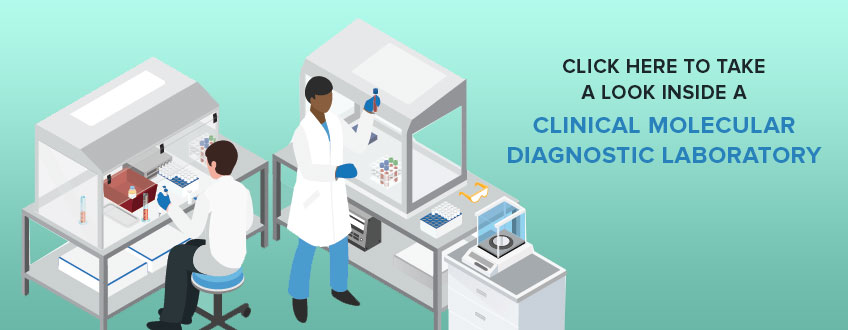Regulation of Laboratory Developed Testing Procedures (LDPs)
Jump to:
Laboratory Developed Procedures
Laboratory developed testing procedures (LDPs, also referred to as LDTs) are testing services that hospitals, academic, and clinical laboratories develop and use in patient care. These services are not commercially manufactured and marketed, but rather are designed, developed, validated, performed, and interpreted by board-certified professionals in a single laboratory. LDPs are often created in response to unmet clinical needs and are instrumental for early and precise diagnosis or monitoring and guidance of patient treatment. LDPs are not boxed and shipped medical products that are distributed across state lines rather they are validated testing protocols that are used in conjunction with the expertise of laboratory medical professionals.
In many cases, LDPs represent the standard of care. An assessment from 2018 indicated that there are over 70,000 genetic tests available to patients, and nearly all of them are LDPs. Patients rely on LDPs to diagnose their condition, establish risk of developing a disease, inform an appropriate treatment plan, predict response to a specific drug, or to provide a prognosis of likely disease progression. LDPs are important tools that support medical decision making and are central to public health. Additionally, because LDPs can be developed quickly and modified to fit the unique needs of patients, they are the transformative tools that shape medical practice in the future. During the COVID-19 pandemic, LDPs have been used to fill a serious gap in our testing capacity.
LDPs are Regulated
Clinical laboratories and the LDPs developed and performed by their personnel are regulated by the Centers for Medicare & Medicaid Services (CMS) under the Clinical Laboratory Improvement Amendments of 1988 (CLIA), in addition to state level requirements, and professional accreditation bodies.
Tell Congress It's Time to Modernize CLIA
Over three decades old, the CLIA regulations need to be modernized to better reflect advancements in molecular testing. This effort would also lead to a flexible system of oversight that fosters innovation and ensures patients have continued access to precise, accurate, and the most up-to-date tests. Over 50 stakeholders have urged Congress to modernize CLIA and AMP has supported this cause with our 2023 CLIA Modernization Proposal. You can read more about how AMP's proposed legislation and endorse it here:























